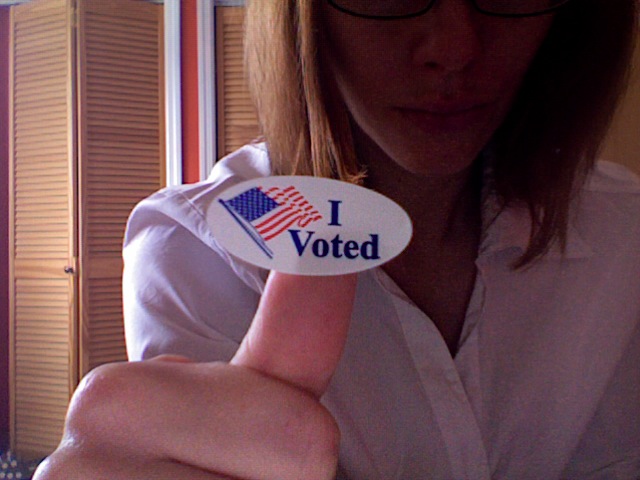Every morning I write myself a to-do list.
The list usually reads something like this: Walk dog, email insistent but upbeat reminders out to students, check in with Editor A, remind Editor B I am still alive, call sources, haul trash to car, RSVP for two weddings, call more sources, go to work.
And then, down at the bottom of the list, written in tiny, introverted letters is one word: “Write.”
Lately, it hasn’t been getting crossed off.
Recently, I was talking to a writer, who asked me about my habits. “I try to write 500 words every day,” I said, with great gravitas.
Yeah, that’s a crock. I used to write 500 words a day. This time last year I was writing 500 words a day. All spring and some of the summer, I wrote 500 words a day. But in the last several weeks? I’ve been writing 0 words a day. I feel it my body. I feel the words I want to write building up like venom in my system all day.
So why am I not writing? No idea. I have lots of good reasons for not writing more than 0 words of fiction a day: I’m working again. We have a major building/repair project happening at our house. My husband’s truck broke down and I sat on the side of the road with him for an hour and a half. It’s the beginning of the school year and I have to devote a lot of time to my students. My friend just had a baby the other day and we’re off to go visit her. These are all completely invalid as excuses, because I clearly have the time to write if I’m writing this blog post.
I think it might have something to do with my MFA program being over. Right before graduation, several professors ran a panel called “Life After the MFA.” At this panel, the profs first machine-gunned us with gloom and doom (“you’re graduating, you’re losing your monthly kick in the pants to produce work for a grade, you’ll lose your support system, you’ll write in a vacuum, everyone who supported you during this program is going to now expect you to come back out from underneath your MFA rock and contribute to your household while single-handedly publishing novels”).*
Then the profs attempted to offer us hope (“write every day, only your own willpower stands between you and literary greatness.”)*
Here’s the part that was not said: “If you don’t possess the willpower to write daily, you’re not a writer and you’re a bad person with low moral character because you will lie and tell people that you’re a writer when you’re not writing. You will never be one of those alums that we brag about in the brochure. Instead you will become one of those other creatures, the ones we don’t talk about, the ones who have an MFA but aren’t making a living with their art. Good luck with that.”
It wasn’t said, but I heard it.
So what’s happened? Why did I stop? Well, I scoffed at the panel and graduated in July. And then I spent several weeks rewriting a novelette and then I decided to give myself a nice long, happy break. It seemed well-deserved; two of my short stories have been accepted for publication this fall in various literary journals, the novelette has been submitted, and I’ve been doing well on the freelance front. I mean clearly, I can afford to be lazy. Right? Wrong. Without a kick in the pants from a mentor, or a prof or an editor, the words have dried up. Thank god for my writing groups. They are the only folks pushing me forward with my work right now. Because I know they’re waiting for it, I make the time to sit down and write for them.
A couple days ago I rewrote the intro to a chapter I was submitting to a group. I was in a better mood all day. So I’m trying to get back on track. Yesterday I jotted a few lines of my novel down in a notebook while I was waiting for my students. I decided to blog more often in an effort to prime the creative pump. I need to create some sort of schedule so that I can revise my novel while creating new work – I have an unfinished zombie piece which I think is very exciting. Tomorrow I’m going to place “Write” at the top of my to-do list, and I will write it in all caps.

